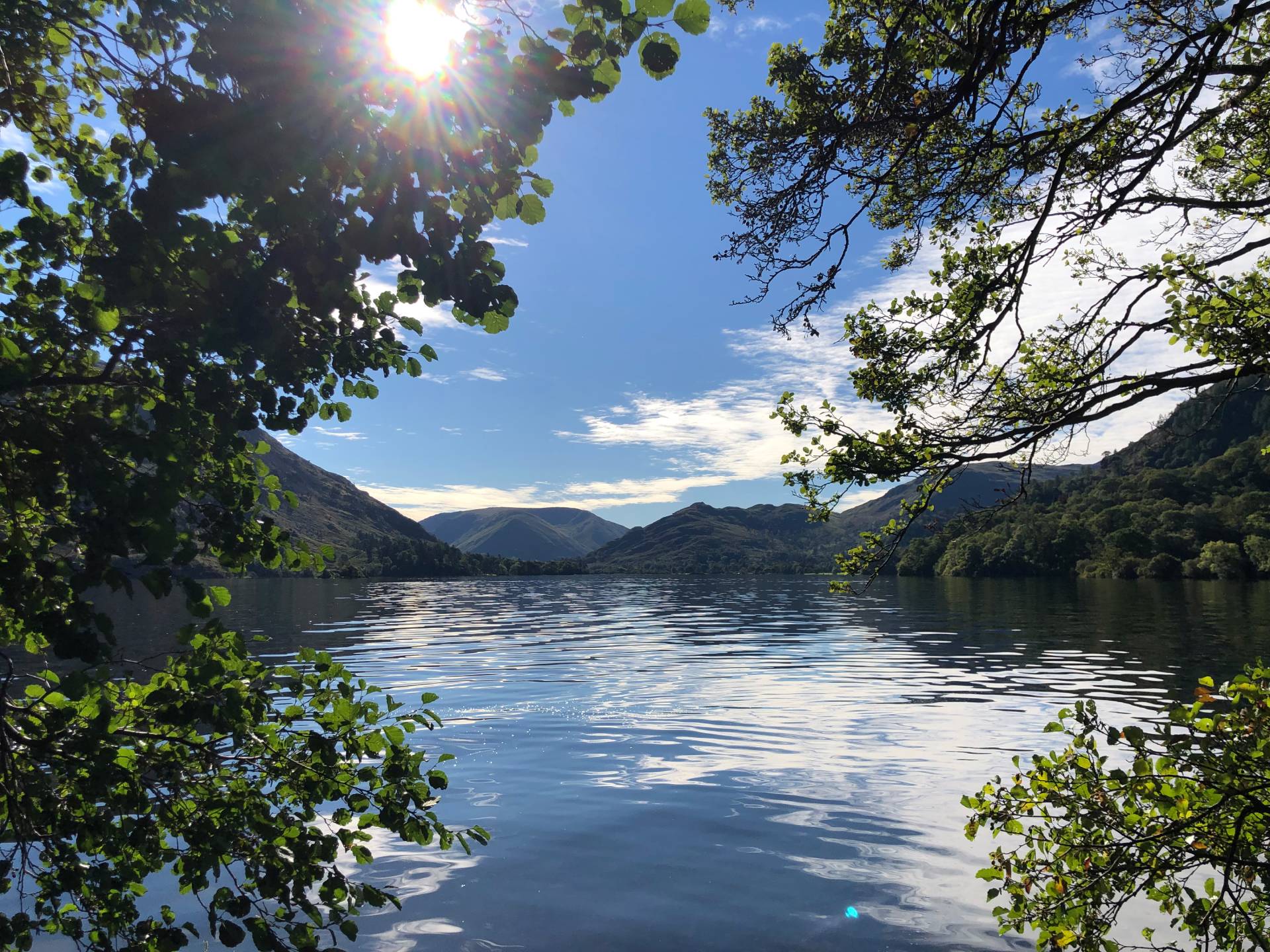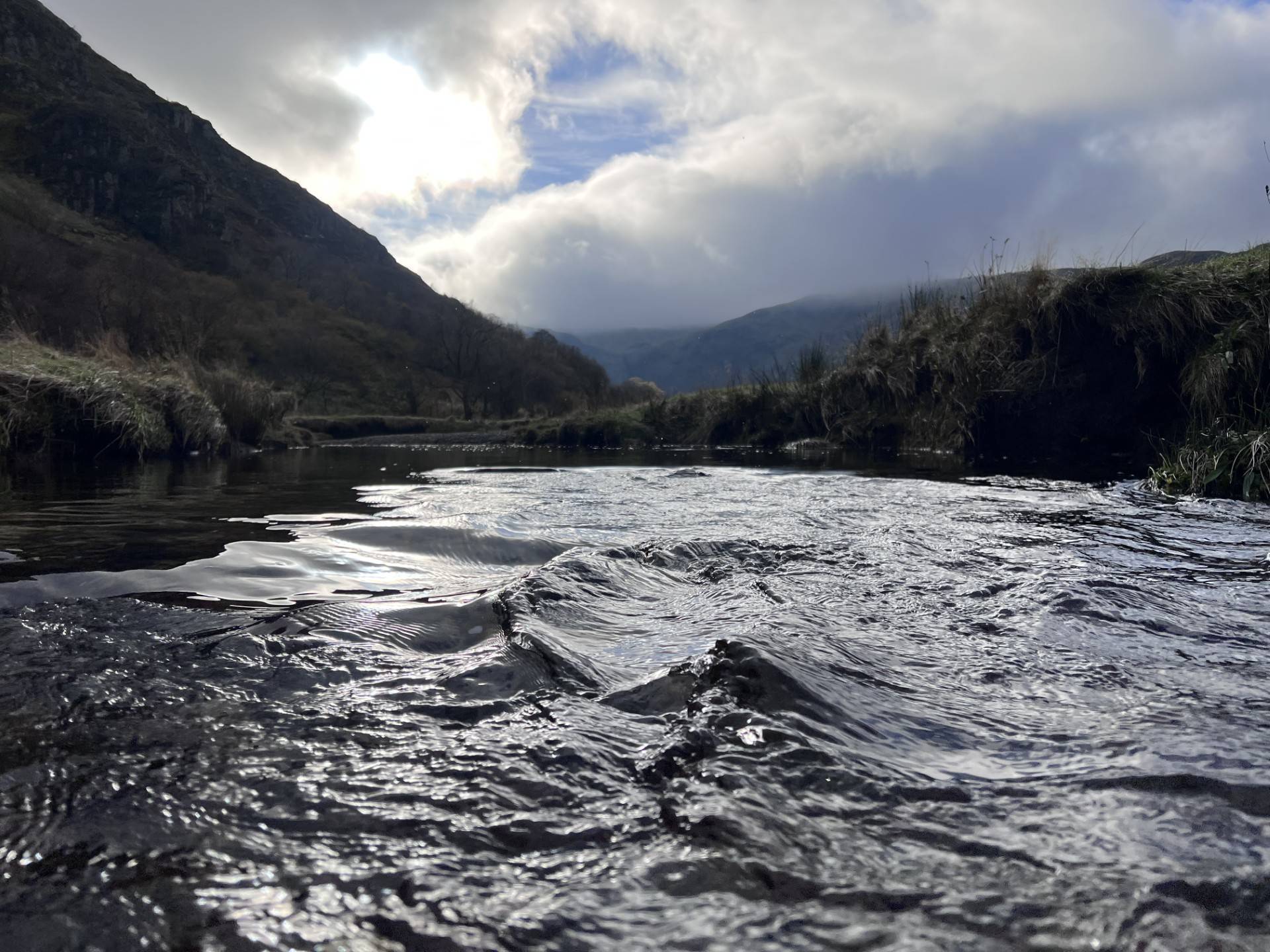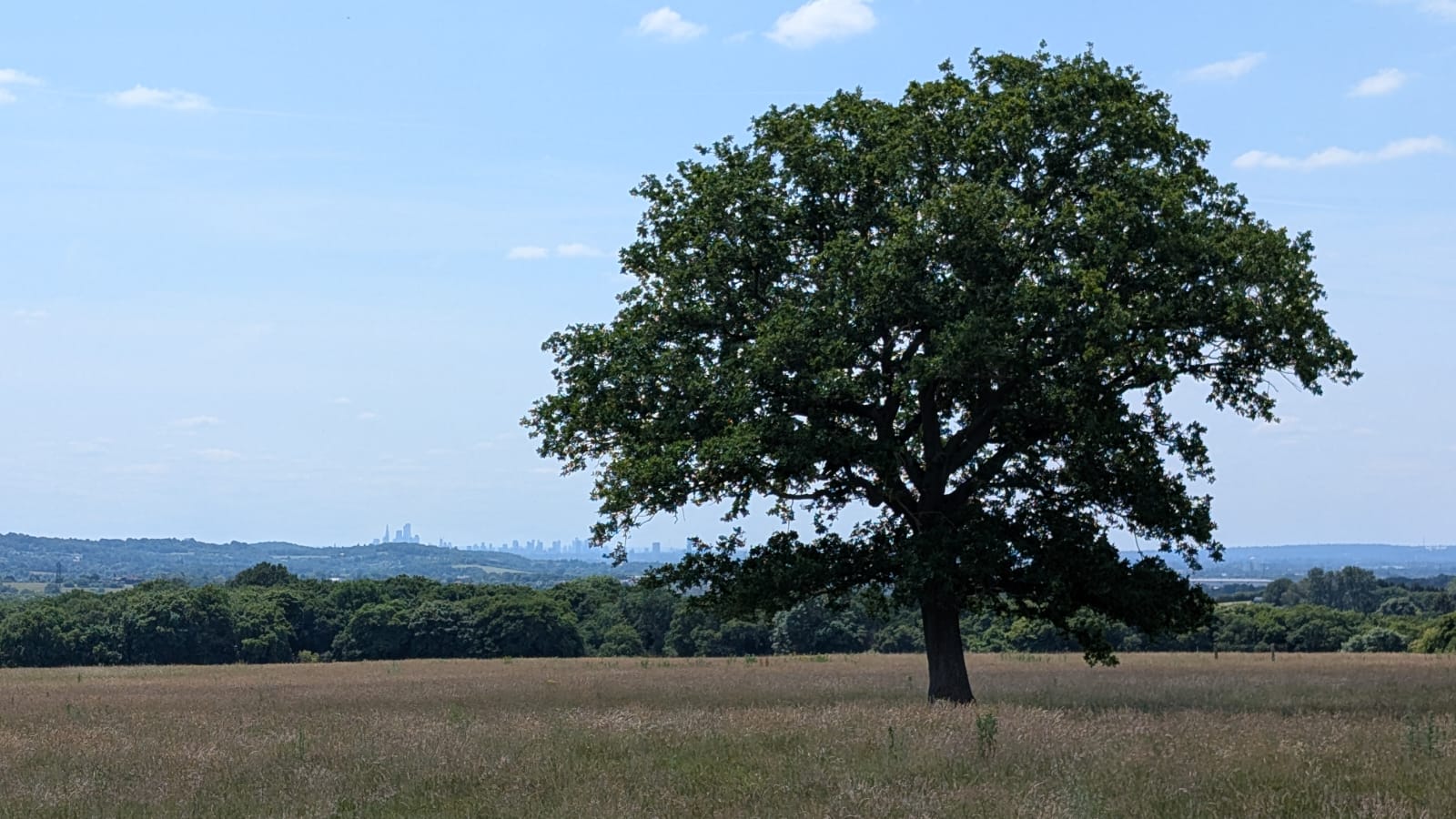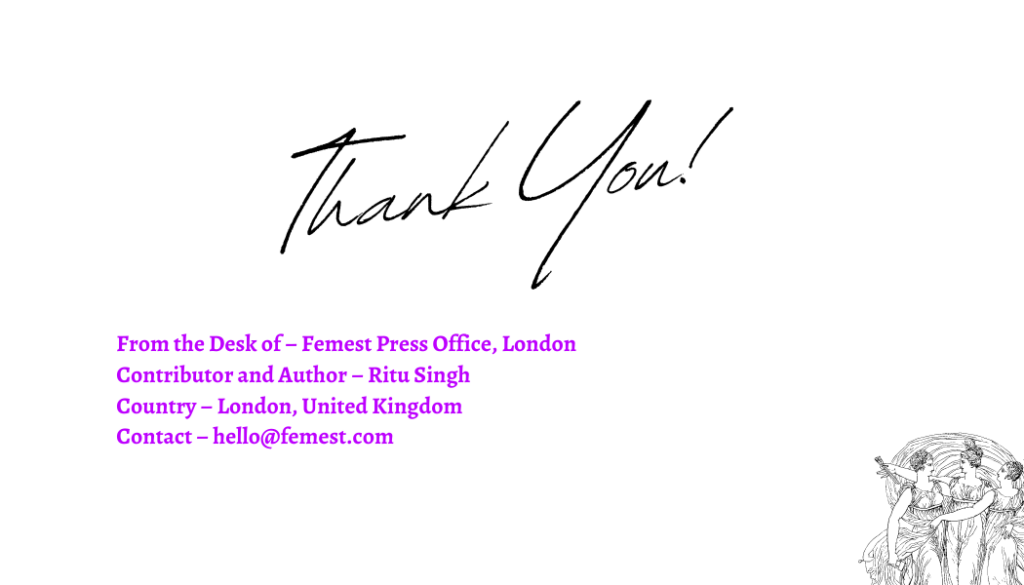“Investing in nature is not charity. It is responsible, future-focused investing: As Nature thrives, so too do the communities, industries and economies that depend on it. In short: Nature means business.”
Kirsty, your opening statement is powerful — “Investing in Nature is not charity.” What do you mean by that?
When people hear about investing in Nature, they sometimes assume it’s a philanthropic or feel-good initiative. But that’s not what we’re talking about. Investing in Nature is responsible, future-focused investing. As Nature thrives, so do the communities, industries, and economies that depend on it. In short: Nature means business.

Many of us don’t think about Nature when we think about money. Why should we?
Nature quietly underpins the systems we rely on every single day. From the food we eat to the clean water we drink, from carbon storage to flood protection to outdoor recreation, ecosystems are supporting our health, wellbeing, and economic stability. But we rarely see that value reflected in financial systems or investment strategies.
Do we have any sense of what Nature is worth?
In the UK alone, Nature provided services worth an estimated £48 billion in 2022 — and that’s excluding extractive industries like oil and gas. But too often, we only recognise Nature’s value when things go wrong. When there’s flooding. When drought hits. When food systems start to break down. That reactive mindset needs to change.

What kinds of environmental risks are we facing right now?
We’re already seeing it. Climate change and biodiversity loss are accelerating. We’re getting record-breaking rainfall, followed by droughts just months later. Our reservoirs are under pressure by early summer. These aren’t abstract risks — they’re happening now. And they’re impacting our infrastructure, food systems, and the financial markets that depend on them.
So, what are the financial consequences of this?
They’re significant. For example, drought alone is forecast to cost London’s economy up to £500 million per day by 2050. And if Nature continues to degrade at its current pace, the UK’s economy could shrink by as much as 12% by the 2030s. That’s a more severe hit than the 2008 financial crash or the COVID-19 pandemic. It affects every one of us — from home values to pension performance.
That’s quite stark. But is there a hopeful side to this?
Absolutely. Nature isn’t just a risk — it’s also a ready-made solution. It is, in many ways, the most advanced technology we have. After billions of years of evolution, it knows how to self-regulate, self-heal, and adapt. When given the chance, many degraded ecosystems can recover — and continue delivering essential services.

Can you give us some real-world examples?
Of course. Wetlands can be restored to store floodwater and purify drinking water. Rivers can be reconnected with their floodplains to slow water flow and manage both floods and droughts. Even beavers, which are being reintroduced in the UK, help engineer landscapes that boost water quality and biodiversity.
At sea, restoring oyster beds, seagrasses, and kelp forests helps sequester carbon, protect coastlines, and rebuild marine life. And many of these systems, once restored, become self-sustaining — delivering increasing value over time.
So how do we start investing in those systems?
At Rebalance Earth, we work with investors, financial institutions, and businesses to channel private capital into Nature restoration projects that generate both environmental and financial returns. We help shift thinking from short-term gain to long-term resilience — because protecting Nature is not just ethical, it’s financially strategic.
What kind of systemic change are you calling for?
We need to redefine how we assign value to Nature. That means embedding Nature-related risks and dependencies into how we evaluate corporate performance, make investment decisions, and develop policy. Our financial system needs to stop viewing Nature as a free resource and start seeing it as critical infrastructure.

Are the tools to do this already available?
Yes — many of them are. Take UK pension funds: over £3 trillion is sitting in them right now. That capital could be working not only for individuals’ retirements, but also for the planet’s long-term health. Even shifting a small fraction into nature-positive investments could have an enormous impact.
And what about individuals — what role can we play?
A big one. Every one of us has a say in how our money is used. That includes not only how we spend, but how we save and invest. Start by asking: where is your pension invested? Is it supporting industries that damage the environment — or ones that help regenerate it? Are the businesses you support working to reduce their negative impact and increase their positive one?
Any final thoughts?
If we don’t start investing in Nature, we may — without realising — be investing in our own destruction. Nature is not a nice-to-have. It’s the foundation of our economy, our wellbeing, and our future. The reality is simple: the planet is your portfolio — and your portfolio needs the planet.

